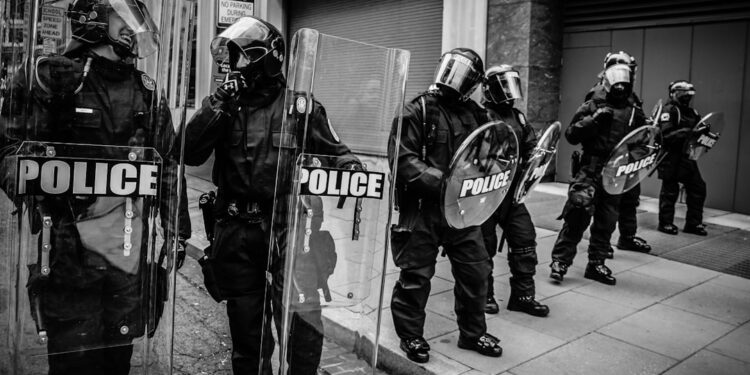Understanding Your Rights During a Police Encounter
As a citizen, it is important to know your rights when encountering law enforcement. Being informed about your rights can help you protect yourself and ensure that your interactions with the police are conducted in a fair and legal manner. Here, we will discuss some key points about your rights during a police encounter.
First and foremost, it is important to remember that you have the right to remain silent. This means that you do not have to answer any questions that the police may ask you. You can simply and politely decline to answer any questions until you have consulted with a lawyer. It is important to exercise this right to protect yourself from self-incrimination.
Secondly, you have the right to refuse consent to a search. If a police officer asks to search your person, your vehicle, or your home, you have the right to refuse. The Fourth Amendment of the United States Constitution protects you from unreasonable searches and seizures. If the police do not have a warrant or probable cause to search you or your property, you can decline their request.
It is important to note that if the police do have a warrant to search you or your property, you must comply with their request. However, you have the right to ask to see the warrant and ensure that it is valid and signed by a judge. If the warrant is not valid, you can object to the search.
In addition, you have the right to know why you are being stopped or arrested. If a police officer stops you, they must have a reasonable suspicion that you have committed a crime or are about to commit a crime. They must also inform you of the reason for the stop or the arrest. If you are not told why you are being stopped or arrested, you have the right to ask for this information.
Furthermore, you have the right to record your interactions with the police. In most states, it is legal to record police officers while they are performing their duties in public places. Recording your interactions with the police can help protect you in case there is a dispute about what happened during the encounter. It is important to remember to stay calm and cooperative while recording the interaction.
If you feel that your rights have been violated during a police encounter, you have the right to file a complaint. You can contact the police department or the civilian oversight agency in your area to report any misconduct by law enforcement officers. It is important to provide as much detail as possible about the encounter, including the date, time, and location, as well as the names and badge numbers of the officers involved.
It is important to remember that police officers are there to protect and serve the community. Most officers perform their duties professionally and within the bounds of the law. However, it is also important to be aware of your rights and how to protect yourself during a police encounter. By knowing your rights and exercising them, you can ensure that your interactions with law enforcement are conducted in a fair and legal manner.
In conclusion, understanding your rights during a police encounter is essential for every citizen. By knowing and exercising your rights, you can protect yourself and ensure that your interactions with law enforcement are conducted in a professional and legal manner. Remember to stay calm, be polite, and seek legal advice if needed during a police encounter. Your rights are important and should be respected by all.















